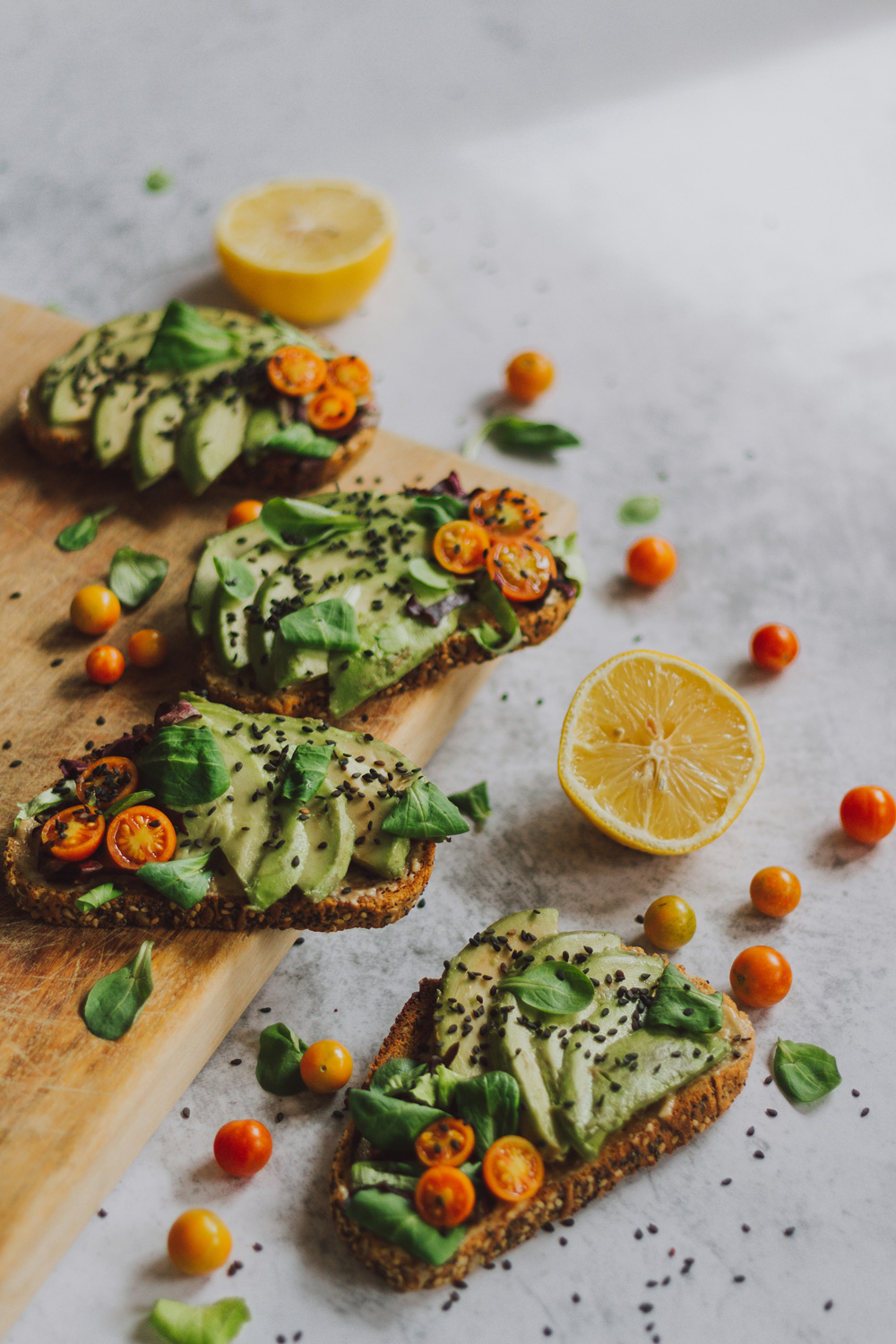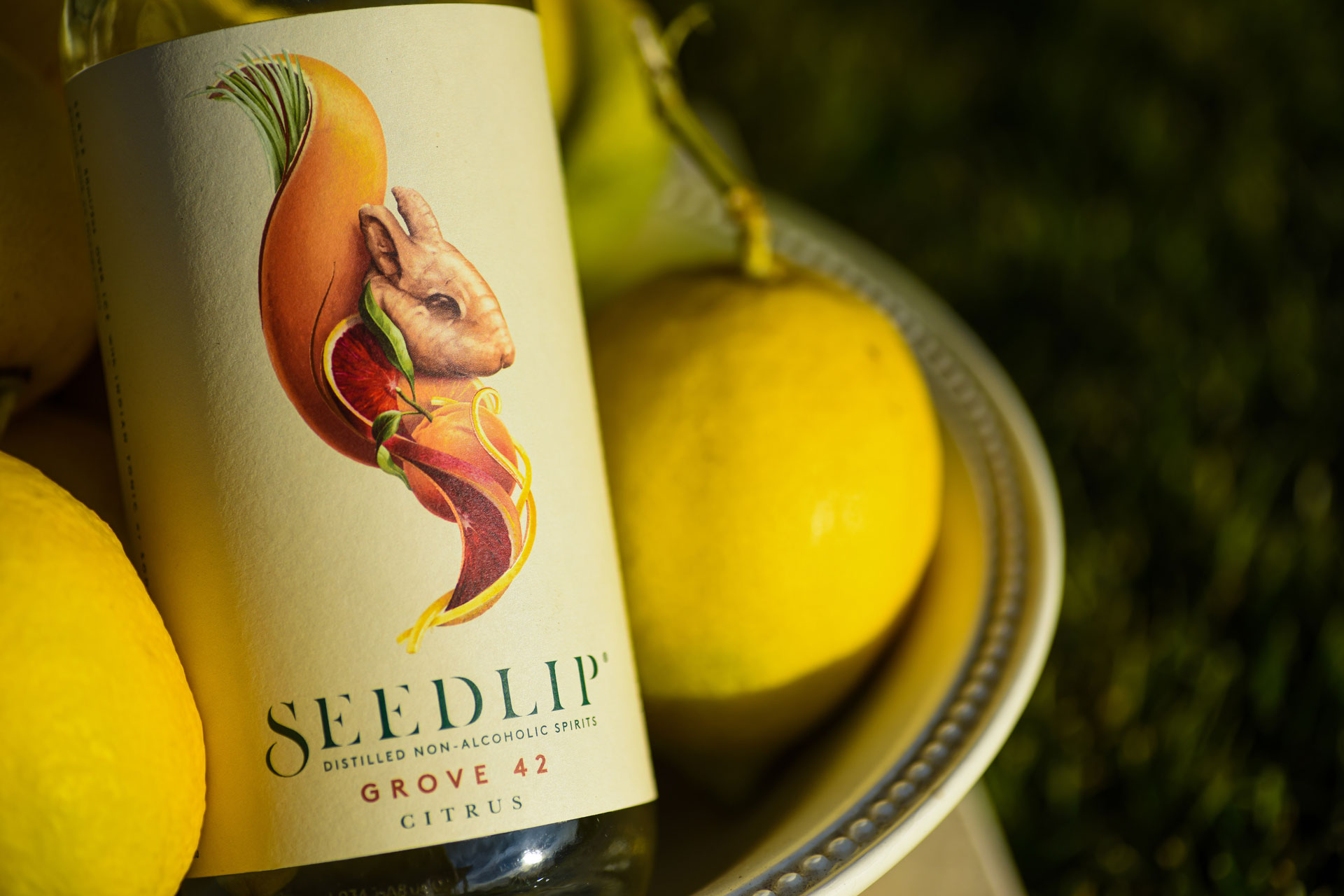
How To Rebalance Your Hormones After Drinking Alcohol
By
1 year ago
Keep your endocrine system happy throughout party season
We know alcohol significantly changes the way we feel, so it makes sense that our hormones are affected by drinking. Hormones are the body’s chemical messengers, and they work together in a complex system that keeps us functioning – but alcohol disrupts this, leading to changes in mood and energy levels, which we’ll likely feel the next day once the buzz has worn off. However, what you eat before, during and after the night can help rebalance your hormones, jumpstarting the road to recovery. Just in time for the festive season, we spoke to the experts at Hormona, a personalised hormone tracking app, to find out more about the relationship between alcohol and hormones.
Alcohol And Hormones: What’s The Relationship?
How does alcohol affect our hormones?
Alcohol interferes with the body’s endocrine system, which consists of the tissues that create and release hormones. ‘Alcohol is toxic to our bodies, and it’s difficult to identify any aspect it doesn’t affect,’ says Anna Targonskaya, Hormona’s in-house obstetrician and gynecologist. ‘In addition to its impact on the brain and various organs, it disrupts the regulation of sex hormones. It can lead to temporary spikes in estrogen levels and may also increase testosterone levels in women, but there are mixed findings regarding testosterone.
‘It affects all hormones involved in the hypothalamus-pituitary-gonadal axis, as well as prolactin and oxytocin production, stress hormones, thyroid function, circadian rhythm, growth hormone-releasing hormone, and more,’ she continues. This was shown in a study from 2017, published in Alcohol Research, which concluded that ‘alcohol can permeate virtually every organ and tissue in the body, resulting in tissue injury and organ dysfunction’, and ‘considerable evidence indicates that alcohol abuse results in clinical abnormalities of one of the body’s most important systems, the endocrine system.’
Drinking also impacts our sleep quality, which can trigger hormonal changes. ‘Poor sleep quality and quantity puts added stress on our bodies, which impacts all our hormones, from our sex hormones to our thyroid function,’ says Megan Hallett, Hormona’s in-house nutritionist. ‘Both alcohol and poor sleep can also dysregulate our hunger and satiety hormones ghrelin and leptin, which are hormones that regulate our appetite.’
How does our menstrual cycle impact how alcohol affects us?
Alcohol affects men and women differently, as women metabolise the substance more slowly than men. And, although studies in this area are limited, there’s some evidence to suggest alcohol can affect us differently during different parts of our menstrual cycle. ‘Given that alcohol can exacerbate PMS symptoms and period pain, we are more likely to feel the impact during the second half of our cycles,’ explains Megan. ‘Regular or excessive intake of alcoholic drinks may also lead to irregular periods.’ Drinking can also exacerbate the symptoms of the menopause, she adds, such as hot flushes and night sweats, as well as anxiety and low mood.
We may feel a particularly strong impact during the late luteal phase or premenstrual phase, adds Anna – as highlighted in a 2012 study published in Drug Alcohol Depend. However, she stresses that ‘we should await more detailed research that includes hormone measurements to better understand how hormonal influences affect women, rather than relying on empirical assumptions about how things “should” be.’
Before a night out, what can we do to lower the impact of alcohol on our hormones?
Nutrition and hormones are interlinked, so what we eat before and after drinking can greatly affect how we feel. Before a night out, Megan recommends having a high-protein, well-balanced meal, which will not only keep your energy levels stable throughout the evening, but also slow down the rate at which the alcohol is absorbed into your bloodstream. Plus, it’ll mean you’re less likely to grab that late-night takeaway. ‘The salt and processed carbohydrates from these types of meals will likely have you feeling dehydrated the next day, and riding the blood sugar rollercoaster, impacting sleep when you do hit the pillow.’
And during the night out?
You’ve heard it before, but interspersing your cocktails with a few glasses of water will lessen the impact of your hangover. Or perhaps it’s time to try zebra striping, the buzzy hack which involves alternating between alcoholic and non-alcoholic drinks? Megan also recommends avoiding salty bar snacks like crisps and nuts, which will make you even more dehydrated the following day.
What should we eat on a hangover to rebalance our hormones?
Always find yourself reaching for fast food when feeling a little worse for wear? Fallen victim to the notorious bottomless pit of hunger? That’s because alcohol impacts our satiety hormones ghrelin and leptin, explains Megan – the ones that regulate our appetite.
‘With these thrown off course, you may be prone to overeat or eat more of those highly palatable, highly processed foods that you may not want to reach for otherwise,’ she says. ‘What’s more, alcohol is a depressant, which can disrupt the balance of neurotransmitters in your brain and affect your feelings. For some, this depressant may leave us searching for ways to quickly pick our mood back up again. This could be in the form of food, using it to lift your mood and temporarily increase those feel-good chemicals.’
However, despite that initial hit of dopamine, UPFs will end up making us feel worse. Instead, we should be prioritising specific nutrients, says Megan – notably, vitamin B. ‘One study suggests that social drinkers who have a higher dietary intake of nicotinic acid (vitamin B3) and zinc report significantly less severe hangovers,’ she notes. ‘So loading up on foods rich in these nutrients could be helpful. For B3, that would be things like beef, chickpeas, avocados, and bananas. For zinc, foods like shellfish, such as crab and oysters, pumpkin seeds and poultry.’
Megan also advises kicking off the day with a nutritious breakfast which features protein, healthy fats and complex carbs, which will help stablise your blood sugar levels. If you’re feeling nauseous, a mug of ginger tea is a good shout, while Vitamin C-rich foods like citrus and crushed berries can help prevent headaches and feeling lethargic.


























